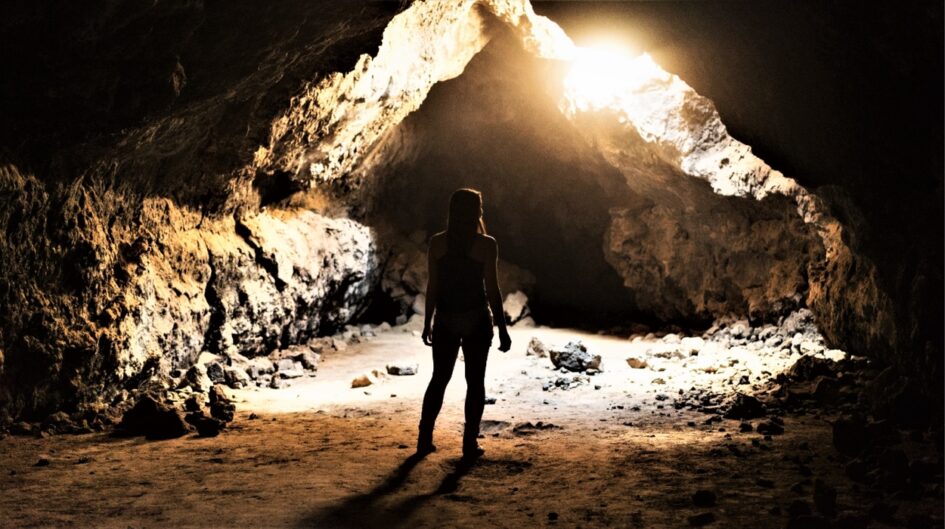“Everybody knows they’re going to die, but nobody believes it. If we did, we would do things differently”.
– Morrie Schwartz
Consider a hypothetical situation wherein you know you’re going to die in a few days or months or years. You feel as if you’re dropping into a hole whose end you don’t want to see, and there’s nobody to give you a hand. You will begin to question many of the decisions you’ve made and get to grips with your regrets.
Death is natural and it happens to every being once born. So why don’t we ever come to terms with our inevitable death? It’s an incontrovertible fact that death instills a sense of fear in us. It is this human emotion that forms the basis of psychological research on death. It does not study the actual event of death, but how humans react to death.
People naturally have a desire to live. As a direct result, this realization of being unable to escape death creates what we call cognitive dissonance. It is a state of mental discomfort leading to a change in attitude or behaviour to restore the balance or reduce the discomfort.
We have built a society that holds back from discussing death because it makes us vulnerable to being mortal. It throws a realization that one day you will no longer exist on this planet with your beloved ones and gets you grappling with whether there is a part of the body that will carry on to experience eternity.
People do not choose when they can naturally face death. When someone is on their deathbed, they begin to differentiate between what is important and what is not. If you accept that you can die any minute then you may not be as ambitious as you are. Think about it. Would you still be chasing the 9-5 job that has fed you off?
Most of us forget an outsized percentage of the people we meet, the places we go, the memories we make. But certain things get glued to our minds and linger. Why? What is so special about those memorable times?
When we remember an event and cherish it, it is because we close it off by considering it to be impeccably meaningful. When we are experiencing our graduation or the day of our wedding, we connect so deeply to the celebration. We store a multitude of memories of those few events in the photo album of our mind, only to later have a flash of them and explode in tears. How can we produce more experiences and days to be lived wholeheartedly? Morrie tells us that when we learn how to die, we learn how to live.
Firstly, how does one learn how to die without actually being in a position of dying? Secondly, what is learning how to die? I wish I could have a conversation with Morrie and get answers to these questions. The one thing that I do understand about the statement is that people who are dying seem to have a deeper appreciation for life. They know the clock is ticking and make the most of every breath they take. They sit down and enjoy the simple joys of nature such as the view outside their window or having some friends over. Why is it that to reach that level of appreciation, we need to go through a phase of living in death’s shadow. We try to pace down and appreciate what we have in our lives, but do we reach that level?
If we truly lived with that shoulder angel asking us if we are ready to die today, we would bond so strongly with every event taking place in our lives. We would appreciate every sunset, every walk with our significant other, every phone call from our family, every conversation with our friends, every meal we eat, and so on. Each instant of our lives would have a lining of gratitude and passion. We would realize how significant every human experience is and give ourselves a pinch as a reminder to live in the present and appreciate the moment. We would make each passing day memorable—even the monotonous ones.
Being comfortable with our mortality is a challenge we all face. But taking a practical approach can help. For example, accepting that life has a finite span not only focuses the attention but also enables us to take responsibility for our lives and think about the opportunities and possibilities ahead. We may ask ourselves meaningful questions such as what impact do we want to create on the world and our near and dear ones? And how do we intend to leave a legacy?
This article is inspired by the book ‘Tuesdays with Morrie’ written by Mitch Albom.



Leave a Reply